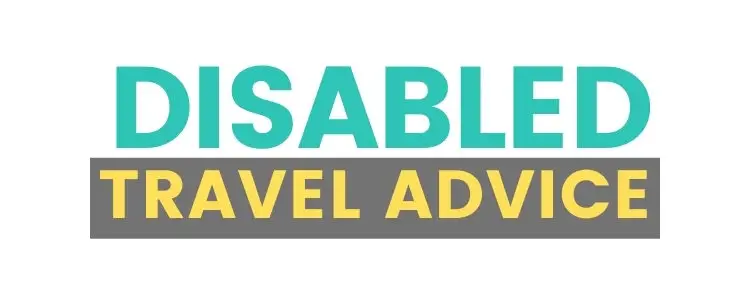One of the most frustrating things about having long term health problems can be the constant need to restock on medication and visit a doctor or clinic for minor health checks. Although they might seem like minor issues, these things can make it really difficult to organise your life, especially when it comes to travelling. Knowing what your options are makes it much easier to plan and to deal with emergencies.
Organising your Medication
As you get close to the date of your holiday, it’s a good idea to sort through your medication and work out just how long it will last you. Don’t forget to take into account medication that you take on an occasional basis. You should aim to pack at least one extra week’s worth of medication beyond the amount needed for the period you plan to be away. This will give you time to access more if you are stranded or delayed for any reason.
If you are going away for several weeks, your doctor may be willing to prescribe you more medication than you would usually get at one time in order to make sure you have enough. If you need regular medical tests, arrange to have one just before you go.
If you will have to pass through a customs checkpoint on your travels, make sure all your medication is in its original packaging. Because approximately one in fifty bags is lost or delayed during air travel, it’s a good idea to keep essential medication in your hand luggage. Liquid medicine in original containers is not subject to the usual liquids limit applied to hand luggage, but must be declared to a security officer before you board.
Emergency Options
If you find yourself without some of the medication you need whilst you are away, or if you need to get a check-up, there are several things you can do:-
- Visit a local doctor – as a British citizen, you are legally entitled to visit any doctor in the UK if you need urgent assistance. You should note, however, that some doctors will be unhappy about prescribing certain drugs (such as antibiotics and strong painkillers) to patients they don’t know.
- Visit a pharmacist – many larger pharmacies, such as Lloyds Pharmacy and Boots, offer free blood pressure checks and other basic tests on a drop-in basis. They can also provide some medical advice.
- Phone your own doctor – your doctor may be willing to fax a prescription to a local chemist so that you can collect medication from there.
- Visit a hospital – this should be treated as a last resort, but is the right thing to do if you suddenly run out of steroids or any medication on which your life may depend (such as medicine to steady your heart or control your blood pressure). The Accident and Emergency department should be able to issue an emergency prescription.
Travelling in Europe
If you are a British citizen planning to travel in Europe, ask your local pharmacist or post office for the application form to get a European Health Insurance Card. This covers every country in the European Union plus Iceland, Norway and Liechtenstein.
Your European Health Insurance Card guarantees you free or reduced cost emergency treatment and also means you need to pay less if you have to visit a local doctor to acquire medication for your long term health problems. Since you are still likely to have to pay some money, it’s a good idea to set aside about £200 that you can use for this purpose if things go wrong, though you can usually defer payment to a later date if your funds have run out.
World Travel
When travelling further afield, it is always a good idea to have full medical insurance. Be prepared for the cost of this to be higher than average if you have a serious long term illness. Your doctor can help you with the application and will need to verify that you are fit to travel.
Even with insurance, it’s important to recognise that you may run into difficulties. Some medication commonly prescribed here is not licensed in some other countries, or may be impossible for local doctors or pharmacists to get hold of. Discuss this with your doctor before you leave and ask if there are any alternatives you could request in an emergency.
Some non-European countries, like Australia and Russia, have special agreements with the British government which means that you can receive basic medical care like prescription renewal just by showing your passport to a local doctor.

